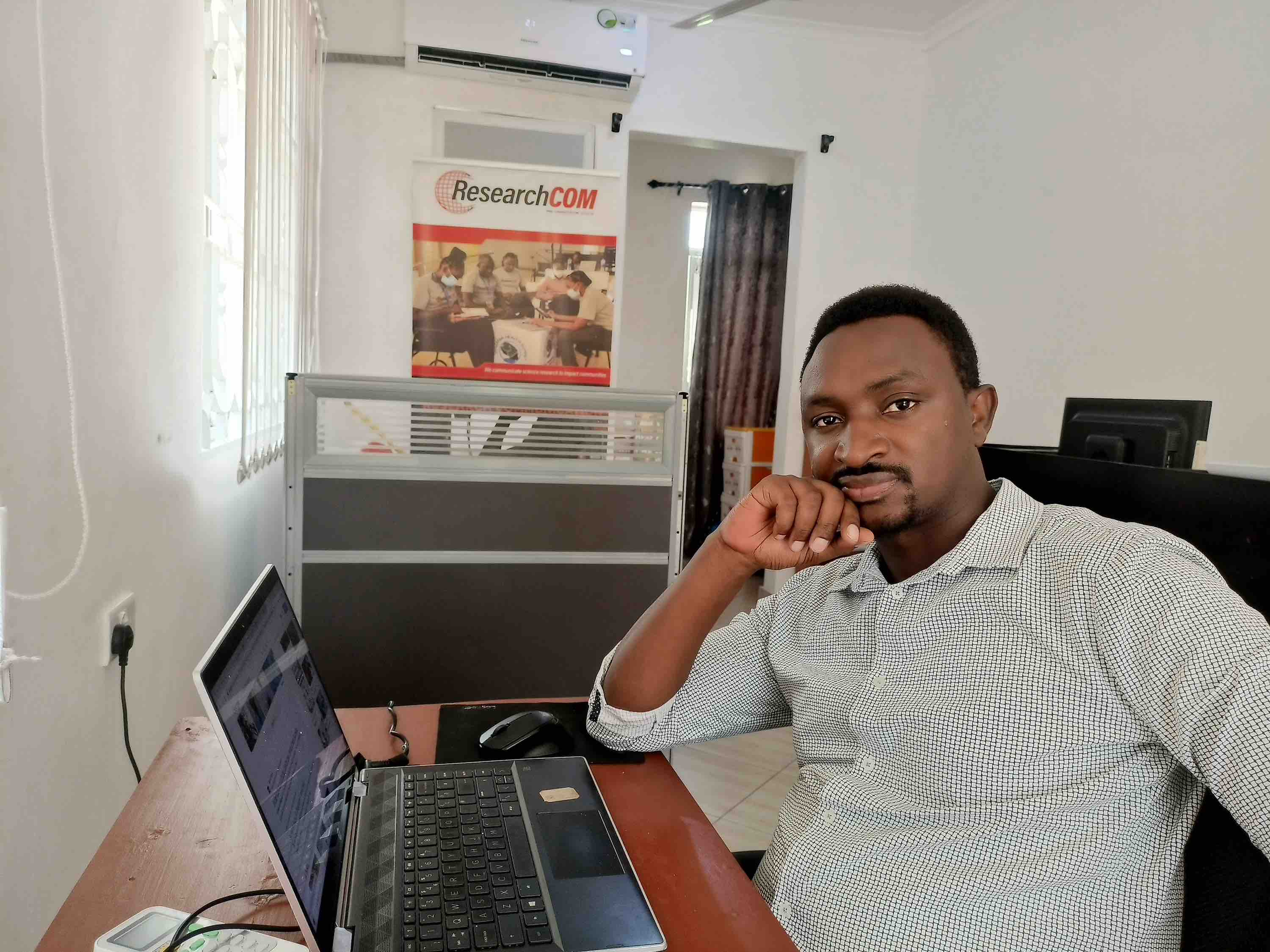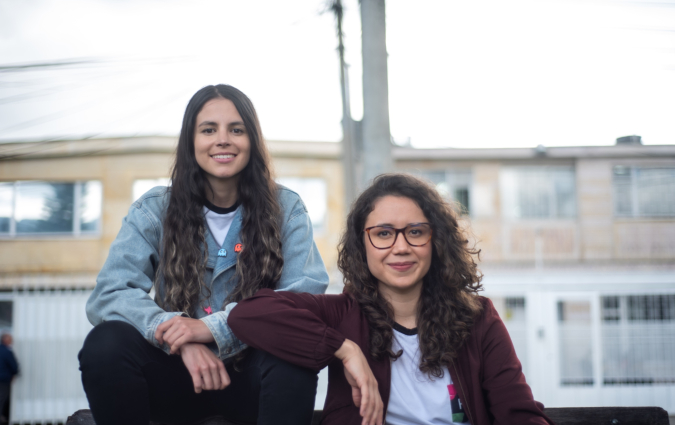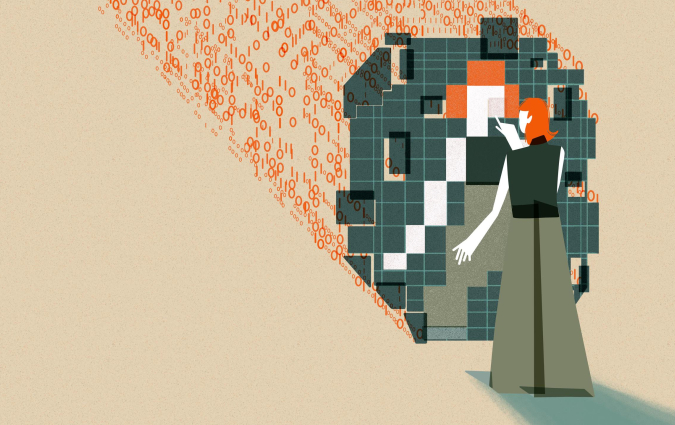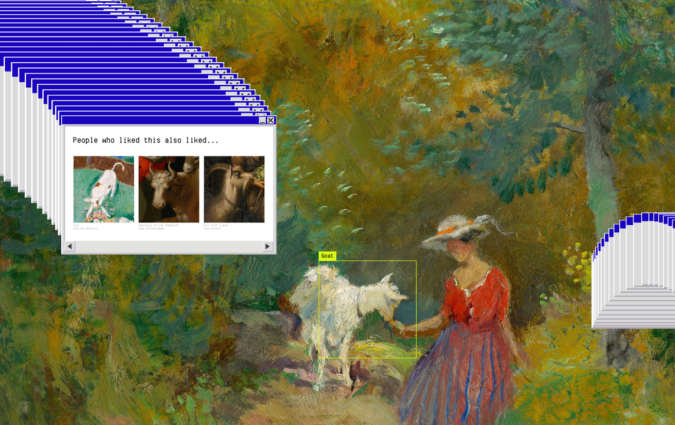This newspaper covers health and science in Swahili for local audiences in Tanzania

Syriacus Buguzi, founder of digital newspaper MwanaSayansi.
Tanzanian science journalist Dr. Syriacus Buguzi is the founder of MwanaSayansi, the first science and technology digital newspaper in Swahili, with an audience of over 10,000 and distributed through WhatsApp, Twitter, Facebook and on their website. Buguzi is a trained medical doctor who turned to journalism and has over 10 years of experience as a science journalist.
He started carving his path in journalism while being a medical student by writing opinion pieces in addition to being editor-in-chief of the academic journal Dar Es Salam Medical Student’s Journal, a journal owned by the Tanzania Medical Students Association (TAMSA) that publishes academic work of students from across all medical schools in Tanzania
Buguzi joined Tanzanian newspaper The Citizen in 2011 as a science reporter. He grew within the organisation to become a news editor and helped start a health pull-out magazine for the newspaper in July 2016. His work has appeared in SciDev.net, Mail & Guardian, Gavi, The Independent and The Guardian. Buguzi holds a postgraduate diploma in Mass Communication and a master’s in Science Communication from the University of Sheffield. In 2014, he won the David Astor Journalism Award.
Science reporting in Tanzania has had its challenges, especially during the pandemic as then President John Pombe Magufuli was among Africa's most prominent COVID-19 sceptics, even declaring Tanzania to be “coronavirus free” and that the disease had been eliminated by the powers of God. Not only did Magufuli’s government stop publishing data on case numbers and ceased official communications on the disease, but it also enacted a law that criminalised reporting. Magufuli died in March 2021 from what officials stated as heart problems. There were suspicions that the real cause was COVID-19. It is under this context that Buguzi is launching MwanaSayansi. We caught up to him to talk about science journalism in Tanzania and the newspaper.
Q. What prompted you to launch MwanaSayansi?
A. During the pandemic, I realised that even though Kiswahili is the main language in our country, communities did not have access to science in that language. I got a small grant to create ‘Corona Swahili’ with the main purpose of spreading information in Swahili as most of the research and information was packaged and disseminated in English which was a disadvantage because fake news and misinformation were spreading fast. After that, I left to pursue my master’s, but it got me thinking that we need a Swahili publication that can communicate scientific research and information to the masses. After my master’s, I quit my job and launched MwanaSayansi purposely to make all the newsworthy research converted into a news story, journalistically written, well-balanced and accessible to Tanzanians.
Q. How do you manage to maintain the quality of reporting science in Swahili?
A. Accuracy of information is the cornerstone of everything that we report on. The challenge usually is when dealing with scientific terminologies that are not in Swahili. In such cases, we either write a sentence out of a word, or fact-find another way of making sure that the same information is delivered without distorting the facts.
We have the advantage that the whole nation speaks the language and we have always found a way of delivering information without losing the meaning, even if it requires communicating visually, we will do that as long as the audience understands the science.
In a few instances, we reached out to Baraza la Kiswahili Tanzania, also known as Kiswahili council, to help us with terminologies. [The Kiswahili council is a government institution that manages and coordinates the development and promotion of the swahili language. They are the body mandated to help come up or translate words/terminologies that do not exist in Swahili].
Q. How has the audience responded since you launched MwanaSayansi?
A. It has been quite positive because people like MwanaSayansi. This is evident from the comments we receive. We have also witnessed the impact of the publication. For instance, we did a story on research from a local university explaining the need to roll out a public transport system on rickshaws powered by compressed natural gas (CNG) and how that would save the environment from pollution as well as cut costs of transport. That week, rickshaw operators started flocking to the university to find out if they could convert their rickshaws from petrol to CNG. The main researcher later told us that they didn’t even know of our publication, but they had so many people asking about the information they had read on MwanaSayansi. Other stories have also created public conversations and we know that we the audience is looking forward to our next issue.
Q. What are some of the challenges of running MwanaSayansi?
A. First, starting a publication like this one in a country where you don't have enough talent is tough. I have the difficult task of nurturing people, but I am happy I have managed to get a biophysicist student who is onboard and passionate about what we do. He has even written a front-page story for us. The other challenge of course is financing because MwanaSayansi is not bringing in revenue yet. Right now, we fund it ourselves as a corporate social responsibility of ResearchCom, but we want in the future to have a sustainable business model. We have seen there are free newspapers in Europe like the Evening Standard, Metro, and the People Daily in Kenya and we are trying to learn from their models. We want to reach a stage where we have a model where we still distribute free of charge but get revenue. We don’t want to compete with sensational headlines for us to sell, but spread accurate science with a business model that makes us sustainable.
Q. How was it covering the covid pandemic?
A. COVID-19 reporting in Tanzania was very challenging as we didn't have access to scientists or official information. The government was hiding information and statistics about COVID-19 as the then-president didn't want our country associated with the coronavirus. It reached a point where you could not write that someone died of COVID-19, so we used to write 'died due to breathing problems’. There was even a regulation passed in 2020, The Electronic and Postal Communications Act, which outlawed reporting on any outbreak until the authorities allowed you to report.
[The Electronic and Postal Communications Act was revised in 2022. The initial law stated that publishing "content with information with regards to the outbreak of a deadly or contagious disease in the country or elsewhere without the approval of the respective authorities". Anyone contravening the law would face imprisonment for a minimum of 12 months, a fine of at least five million Tanzania shillings (US$2135), or both].
It was challenging at the time to communicate science because the president openly issued statements about the virus and vaccination that enhanced negative attitudes toward COVID-19. It became harder to report because the misinformation or disinformation was enhanced by the authorities and scientists who were in support of the government.
Q. How did you manage to still write stories when your reporting clashed with official government policy or senior government officials?
A. Such stories I had to do for international publications. I couldn't write it for a local publication at that time because no local media would accept it. In one instance, there was a case of a senior scientist from the national institution for science stating that COVID-19 vaccination was a form of neo-colonialism. Local publications could not accept a story critiquing that scientist. Those who published a story about that enhanced his words. There is a front-page splash in a local government newspaper saying that COVID-19 vaccination is neo-colonialism. Even though I was writing the story for an international publication it was not possible to get Tanzanian scientists who were opposed to such views to lend their voices to the article. No one was ready to sacrifice their careers or jobs.
Q. How would you describe the state of the media in Tanzania?
A. The state of media was nosediving because of the restrictive laws. The kind of regime we had was making almost everybody tow the official line and up to date, there is still a high level of self-censorship when it comes to critical journalism in Tanzania.
We are trying to empower journalists though the laws are still not good, so the level of critical reporting is low. However, there are more academic institutions training journalists and there is a growing number of new media initiatives like ours trying to make journalism better by doing unique in-depth reporting.
Q. Which lessons have you learned along the way that you would like to pass along to upcoming science journalists?
A. First, learn what science is all about so that you are not in a situation where you get differing opinions from scientists and report it like that. For instance, a scenario where some scientists are differing on a drug, and you do the story about their differing opinions. If they differ, what should I as your reader do? Should I choose who to follow between them?
There is a responsibility for you as a journalist reporting about science that has to come through learning science and engaging the scientists. It is not necessarily a must that you have to have a science background, because I know good science reporters who don't have a background in science, but they are thriving because they read widely, research, and embrace science.
Also, get some relevant training or academic qualifications because when you go through the training, it gives you the confidence to do what you do and the authority over whatever you'd be producing. And when you are cornered somewhere about the basis of your story you don't end up saying that you did the story because the source told you, or your editor approved the story. You need to be in a position to explain the story and why it matters.
In every email we send you'll find original reporting, evidence-based insights, online seminars and readings curated from 100s of sources - all in 5 minutes.
- Twice a week
- More than 20,000 people receive it
- Unsubscribe any time







